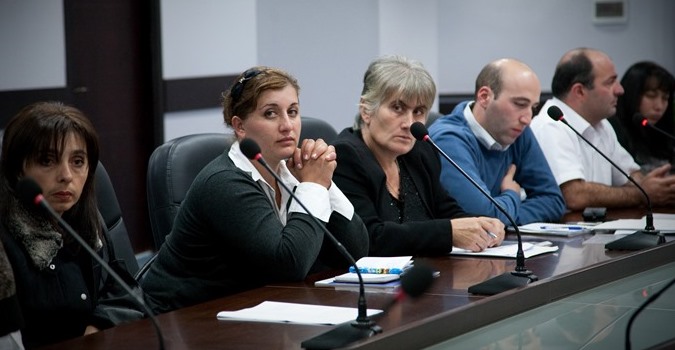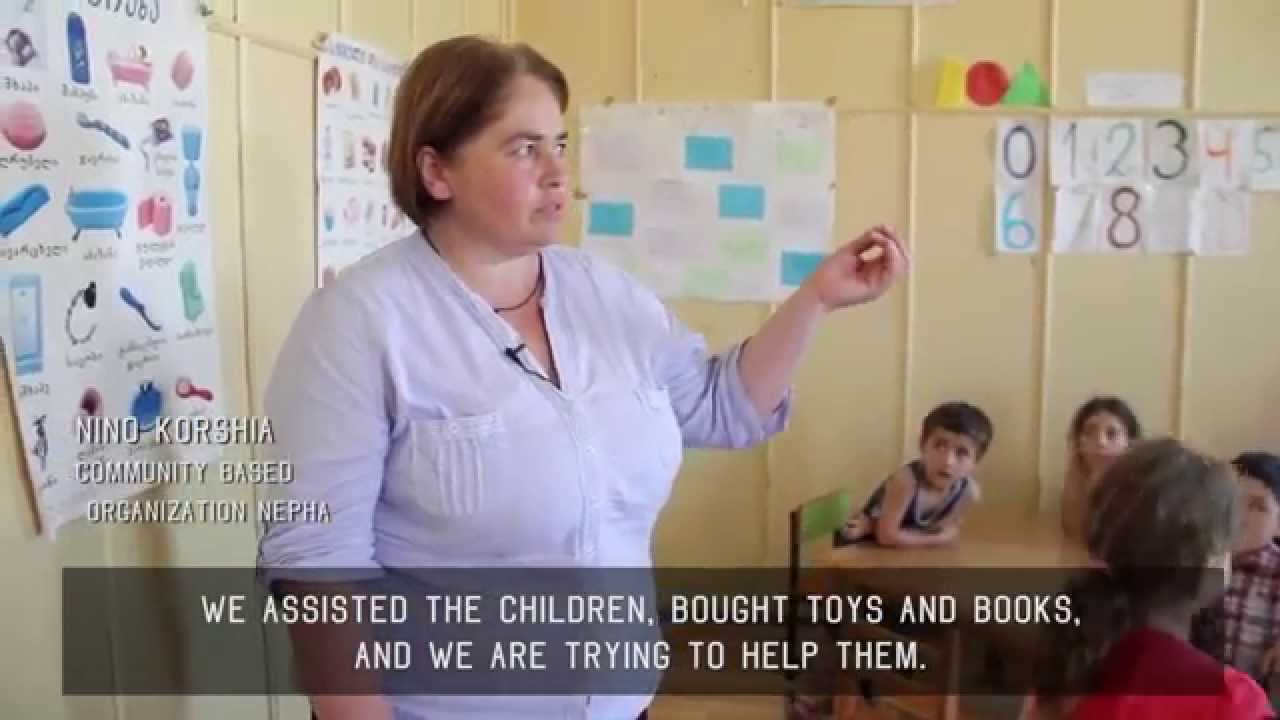Mainstreaming Gender into National Planning and Budgeting Processes

Georgia
UN Women Georgia has been working on introducing gender responsive budgeting (GRB) at the local level in Georgia since 2013. Building on the work done to introduce GRB in five municipalities in 2013 and 2014, UN Women expanded its work in 2019 to support GRB interventions in 15 municipalities across Georgia. These interventions target both socially mobilized women and local government representatives.
In partnership with the Association of Finance Officers of Georgian Local Self-Governing Units and the women’s civil society organization Taso Foundation, UN Women develops and builds capacity on the GRB methodology for the employees of targeted local governments, with the goal of institutionalizing GRB in these municipalities.
In order to strengthen women’s voices and participation, UN Women partners with the Taso Foundation and another civil society organization, Kakheti Regional Development Foundation, to develop the skills and capacities of rural women to meaningfully engage in local planning and budgeting processes. Furthermore, UN Women creates dialogue platforms for representatives of local governments and mobilized women’s groups around issues relevant for women’s economic empowerment in their communities.
Armenia
In Armenia, UN Women Georgia works through UNDP Armenia and in partnership with the Ministry of Territorial Administration, Development and Infrastructure (MTADI) on introducing GRB in five municipalities within the regions of Gegharkunik and Shirak. As part of the initiative, local women are supported to understand and identify the opportunities for influencing local-level planning and budgeting processes, as well as advocating for their priorities to be included in local plans and budgets.
UN Women’s work towards women’s economic empowerment and mainstreaming gender in planning and budgeting processes in Georgia and Armenia has been funded by the Government of Norway (Ministry of Foreign Affairs), as well as the Governments of Switzerland (the Swiss Agency for Development and Cooperation) and Austria (the Austrian Development Cooperation).

